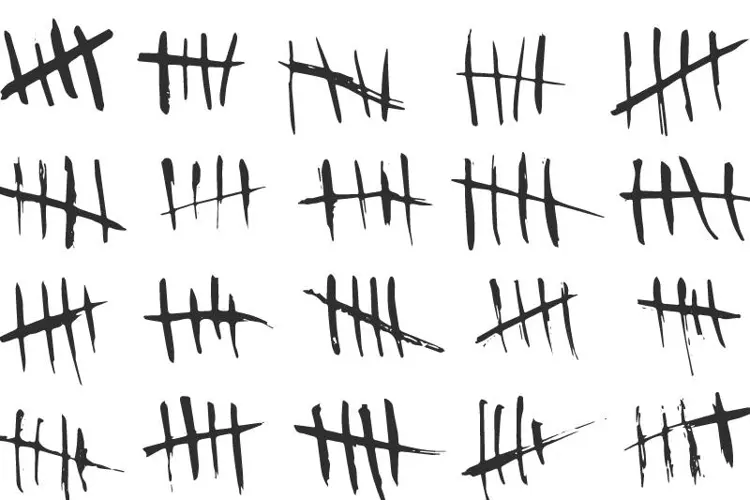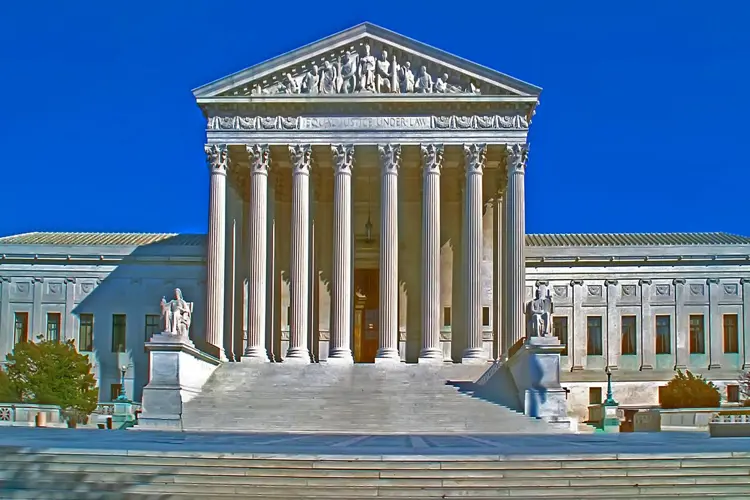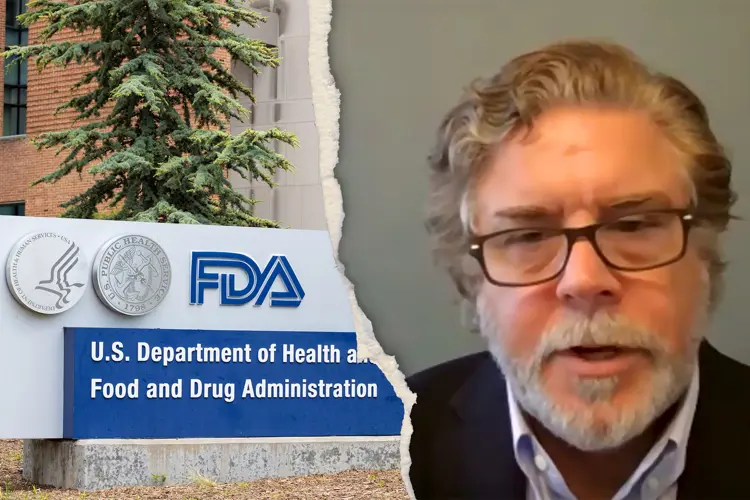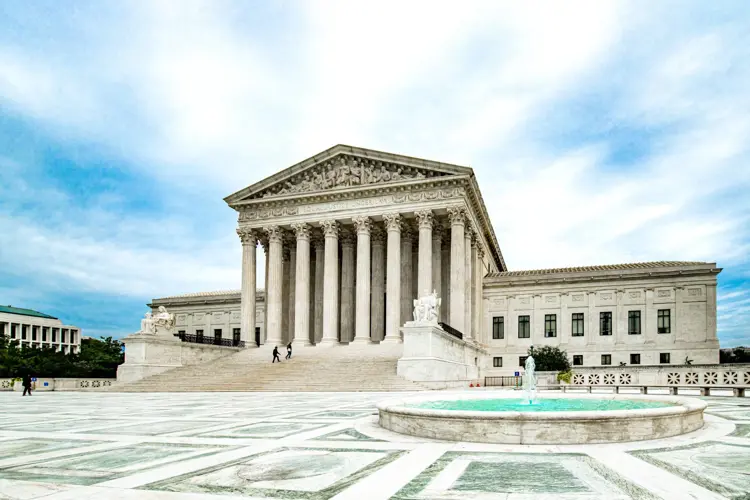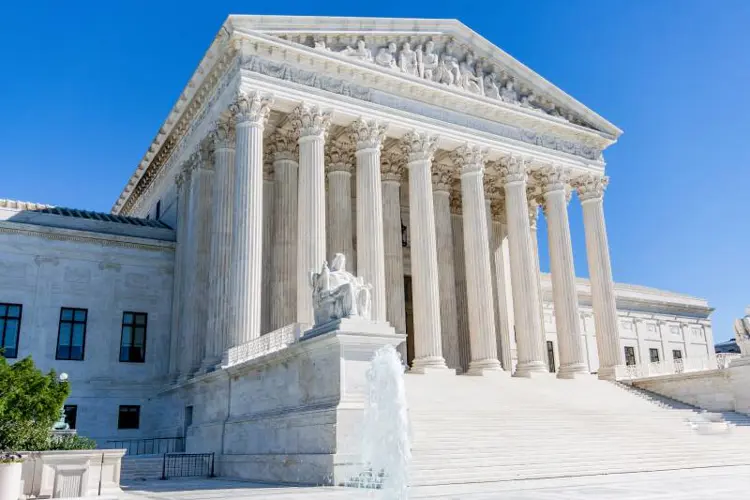The best-known U.S. distributor of disposable vape Puff Bar has received a warning letter from the FDA, ordering the products to be removed from the market. The action came after months of news stories incorrectly claimed Puff Bar was exempt from FDA enforcement.
The letter was sent to Umais Abubaker, the owner of Cool Clouds Distribution, Inc., the largest and best known importer of the rectangular-shaped disposable e-cigarette. As we explained in a recent article, multiple Shenzhen, China factories produce Puff Bar products and offer them wholesale on Chinese e-commerce sites. Sending a warning letter to a single distributor may not cut off the flow of Puff Bars to American retail outlets.
The Puff Bar website believed to be run by Cool Clouds Distribution announced last week that it had “ceased all online sales & distribution in the U.S. until further notice,” so the FDA action is probably meaningless. The Puff Bar mogul will likely just move on to selling similar products with different branding.
Puff Bar launched last year, and became popular largely because JUUL had voluntarily removed its non-tobacco and menthol flavors from the market in November 2018. A year later, in January 2020, new FDA guidance prevented sales of all pod- and cartridge-based vaping products in flavors other than tobacco and menthol—except disposable products.
It was after the FDA guidance was issued in January that the news media became aware of Puff Bar, alerted by the Campaign for Tobacco-Free Kids and other tobacco control groups that claimed Puff Bars and other recently introduced disposable products were exempted from enforcement by the FDA.
That was never true. While the guidance did exempt disposable e-cigarettes, the exemption only applied to products that existed on the market before the Aug. 8, 2016 cutoff date set by the FDA Deeming Rule. No product can be introduced after that date without first submitting a Premarket Tobacco Application (PMTA) and receiving FDA marketing approval, which the sellers of Puff Bar certainly did not do.
However, beginning in late January—and ramping up after the FDA guidance took effect in early February—dozens of stories appeared in major news outlets that claimed otherwise. Most used Campaign for Tobacco-Free Kids president Matthew Myers, or another member of his Bloomberg-funded tobacco control cabal, as their “expert” source.
Some of the well-known reporters who wrote about the “Puff Bar loophole” included Sheila Kaplan of the New York Times, Matthew Perrone from Associated Press, Laurie McGinley of the Washington Post, and Allison Aubrey of NPR. (Perrone, in an article written today about the warning letter, repeats his earlier claim that “the flavor restrictions did not apply to disposable vaping products like Puff Bar.”)
All of these articles cited Myers’ contention that the FDA guidance gave a free pass to Puff Bar and similar products, and his claim that only a federal ban on all flavored vaping products would end the “epidemic” of teen vaping. None of the reporters in question bothered to ask the FDA if the "loophole" applied to products that were already on the market illegally.
As it turned out, the FDA warning letter to Puff Bar is based on the products being introduced without first receiving the required marketing approval through the PMTA process. There is simply no FDA guidance loophole that protects an already illegal product from being enforced against by the agency.
The FDA also issued several other warning letters today, including to other disposable vape manufacturers, and to companies selling e-liquid with supposedly child-appealing labels, such as My Little Pony-like images.
The Freemax REXA PRO and REXA SMART are highly advanced pod vapes, offering seemingly endless features, beautiful touchscreens, and new DUOMAX pods.
The OXVA XLIM Pro 2 DNA is powered by a custom-made Evolv DNA chipset, offering a Replay function and dry hit protection. Read our review to find out more.
The SKE Bar is a 2 mL replaceable pod vape with a 500 mAh battery, a 1.2-ohm mesh coil, and 35 flavors to choose from in 2% nicotine.
Because of declining cigarette sales, state governments in the U.S. and countries around the world are looking to vapor products as a new source of tax revenue.
The legal age to buy e-cigarettes and other vaping products varies around the world. The United States recently changed the legal minimum sales age to 21.
A list of vaping product flavor bans and online sales bans in the United States, and sales and possession bans in other countries.







